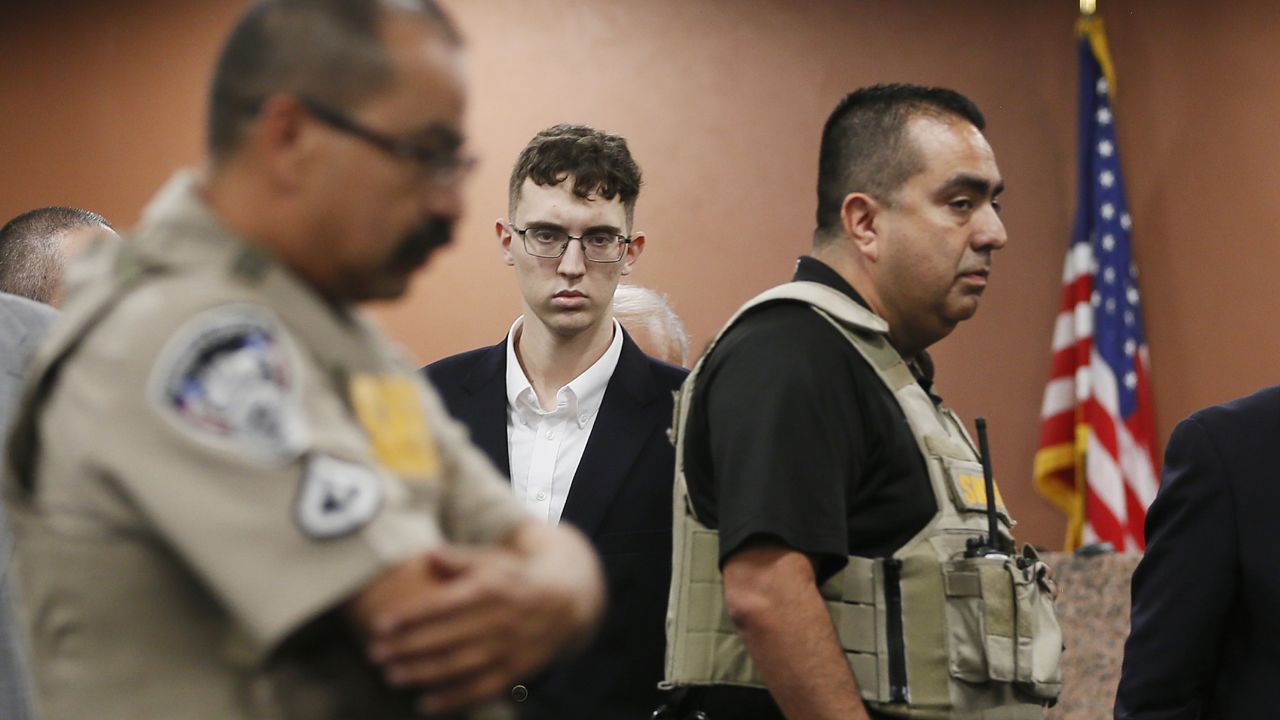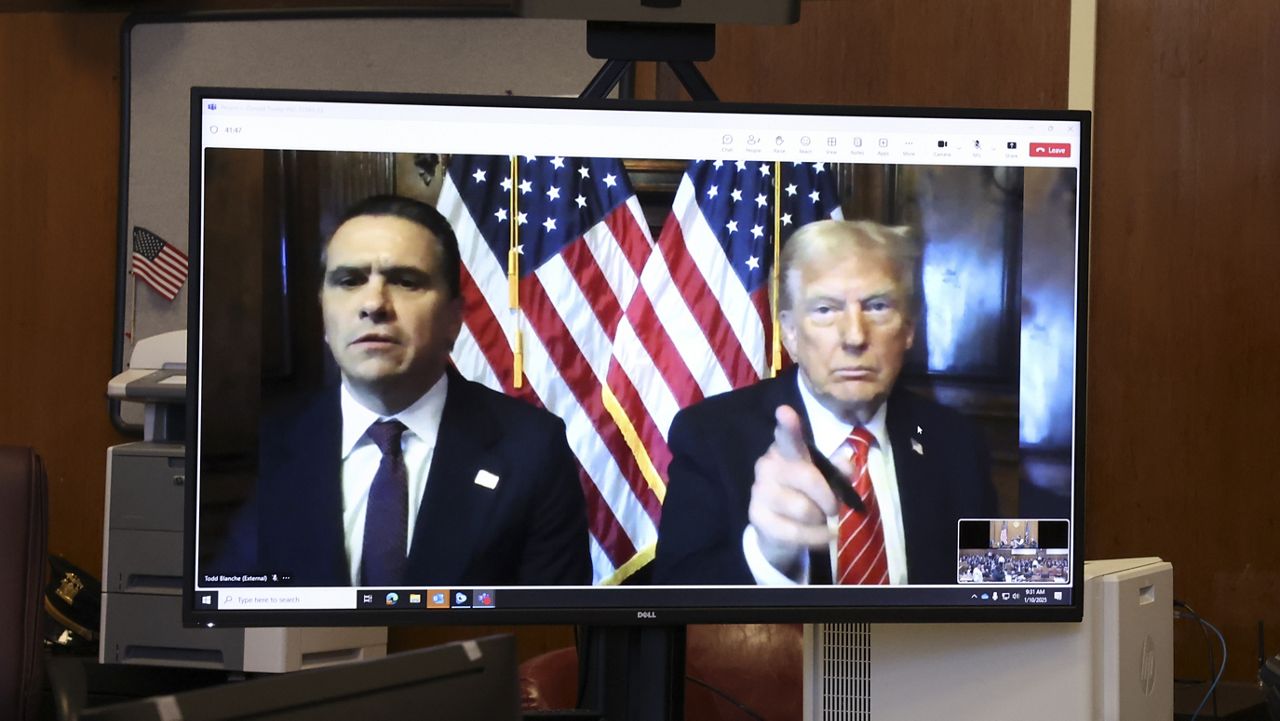Hate crimes in the United States reached decade-long highs in 2019, according to data released by the Federal Bureau of Investigation on Monday, with officials recording the highest number of hate-motivated killings since the FBI started recording that data in the 1990s.
The FBI classifies hate crimes as those motivated by the bias of the offender against their victim’s race/ethnicity/ancestry, religion, sexual orientation, gender identity, and disability, among other categories. The agency collects data on both single-bias and multiple-bias hate crimes, the latter of which is defined as “an incident in which one or more offense types are motivated by two or more biases.”
According to the 2019 Hate Crimes Statistics Report, federal officials recorded 7,314 criminal incidents and 8,559 related offenses as being motivated by hatred. That number is an increase from the 7,120 recorded in 2018 — and closer to the previous record of 7,783 in 2008.
The FBI has only been recording data on hate-related crimes beginning in the early 1990s. In 2019, FBI data shows that 51 people were killed by murder or non-negligent manslaughter motivated by hate. That’s over double the 24 hate-related murders recorded in 2018, and the highest number to date since the agency began its tabulations three decades ago.
Of the 51 hatred-motivated murders last year, 22 were people killed in a shooting that targeted Mexicans at a Walmart in the border city of El Paso, Texas, the report said. The suspect in that August 2019 shooting, which left two dozen other people injured, was charged with both state and federal crimes in what authorities said was an attempt to scare Hispanics into leaving the United States.
According to the FBI’s report, over 55% of the victims in 2019 were targeted because of the offenders’ bias towards their ethnicity or race in single-bias incidents.
Some of the 2019 increases may be the result of better reporting by police departments, but law enforcement officials and advocacy groups don’t doubt that hate crimes are on the rise. The Justice Department has for years been specifically prioritizing hate crime prosecutions.
The data also shows there was a nearly 7% increase in religion-based hate crimes, with 953 reports of crimes targeting Jews and Jewish institutions last year, up from 835 the year before. The FBI said the number of hate crimes against African Americans dropped slightly to 1,930, from 1,943.
Anti-Hispanic hate crimes, however, rose to 527 in 2019, from 485 in 2018. And the total number of hate crimes based on a person’s sexual orientation stayed relatively stable, with one fewer crime reported last year, compared with the year before, though there were 20 more hate crimes against gay men reported.
As the data was made public on Monday, advocacy groups, including the Anti-Defamation League, called on Congress and law enforcement agencies across the U.S. to improve data collection and reporting of hate crimes. Critics have long warned that the data may be incomplete, in part because it is based on voluntary reporting by police agencies across the country.
Last year, only 2,172 law enforcement agencies out of about 15,000 participating agencies across the country reported hate crime data to the FBI, the bureau said. And while the number of agencies reporting hate crimes increased, the number of agencies participating in the program actually dropped from the year before. A large number of police agencies appeared not to submit any hate crime data, which has been a consistent struggle for Justice Department officials.
“The total severity of the impact and damage caused by hate crimes cannot be fully measured without complete participation in the FBI’s data collection process,” the Anti-Defamation League’s president, Jonathan Greenblatt, said in a statement.
An Associated Press investigation in 2016 found that more than 2,700 city police and county sheriff’s departments across the country had not submitted a single hate crime report for the FBI’s annual crime tally during the previous six years.
Greenblatt also said America must “remove the barriers that too often prevent people in marginalized communities – the individuals most likely to suffer hate crimes – from reporting hate-based incidents,” a sentiment shared by other advocates.
“The FBI’s report is another reminder that we have much work to do to address hate in America,” said Margaret Huang, the president of the Southern Poverty Law Center.
The Associated Press contributed to this report.









